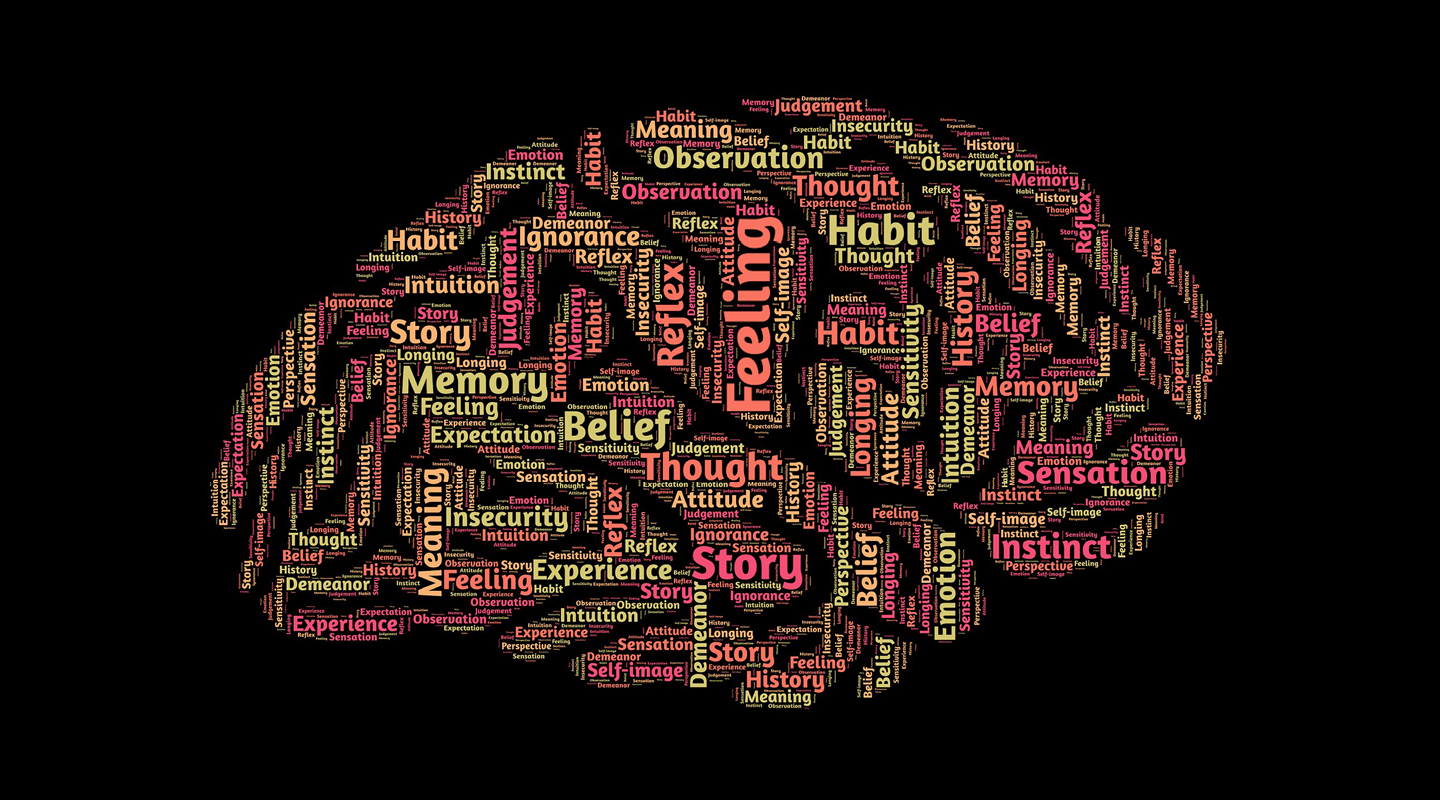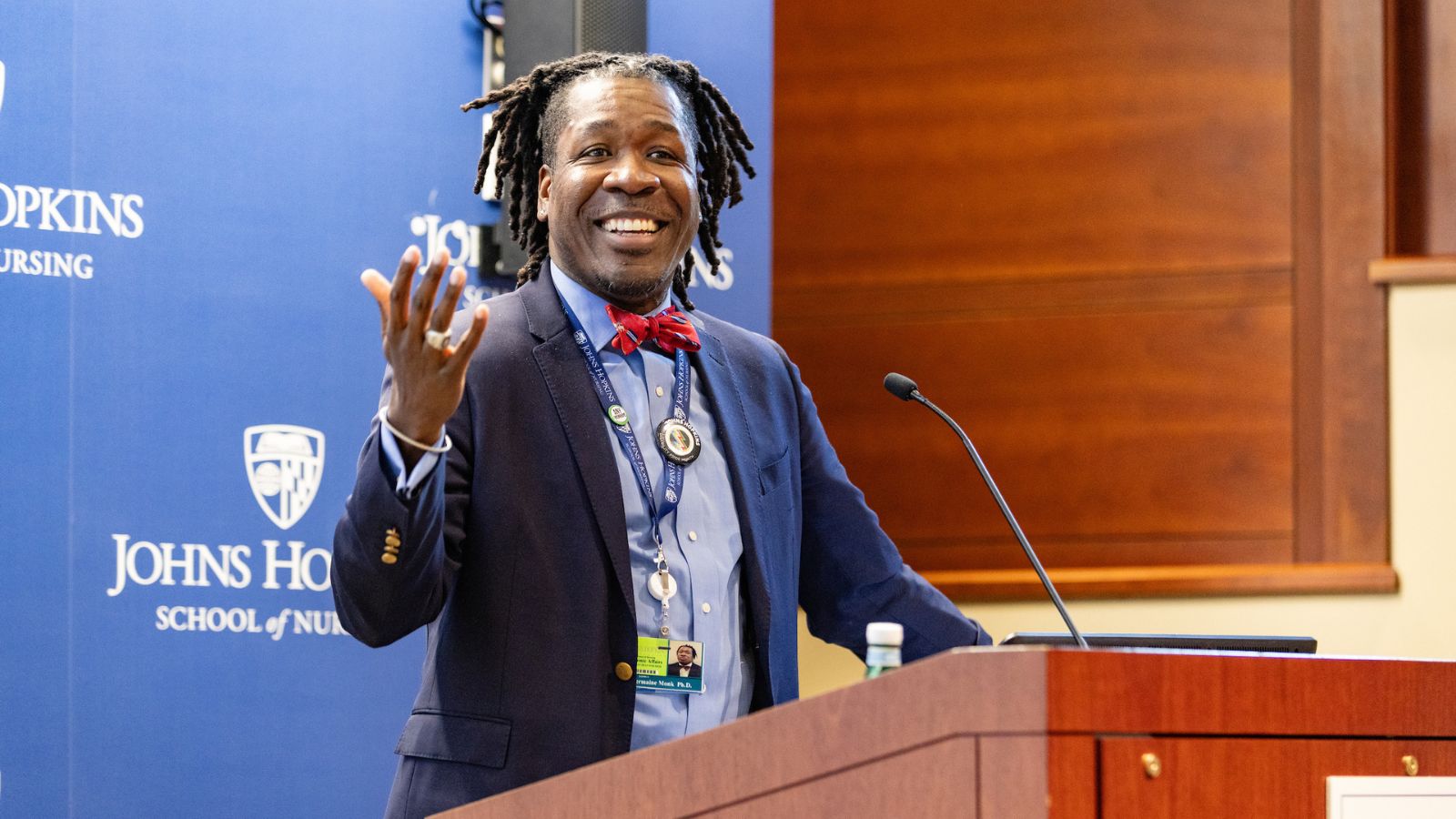Those recovering from a traumatic brain injury (TBI) often face a realization that the old “normal” is gone, a life purpose and life goals suddenly replaced with limitations. Yet the human yearning to find meaning remains.
In “Traumatic Brain Injury and the Theory of Meaning” (Journal of Loss & Trauma), Assistant Professor Tamar Rodney, MSN (Entry into Nursing) student Jemima Nkansah, and a colleague describe their work testing the Theory of Meaning (TOM) with TBI sufferers who had settled into a new routine with the support of caregivers. Participants were asked: “How would you describe your injury?”; “What has been the greatest change related to your injury?”; “How would you define your life’s purpose?”
“The TOM was developed by Viktor Frankl and based on the premise that the ‘primary human motivation was to seek meaning and purpose in life.’ … The TOM suggests that individuals find meaning in every situation,” even the worst, the authors write, adding suggestions for caregivers:
Recognize the individual as a whole and not just an injury or symptoms. Consider the impact of intervention on the mind, body, and spirit. Suffering should be considered “whatever the experiencing person says it is.” They hope to use their findings to increase awareness among caregivers of the possibilities as well as the challenges for TBI victims. “We can transform a tragedy into a triumph.”

 Forging Policy: How Can Doulas Improve Black Maternal Health?
Forging Policy: How Can Doulas Improve Black Maternal Health? Forging Policy: Associate Dean Jermaine Monk and Education After Affirmative Action
Forging Policy: Associate Dean Jermaine Monk and Education After Affirmative Action Most People Want to Breastfeed, But Need More Support To Do So
Most People Want to Breastfeed, But Need More Support To Do So Awards for Diversity
Awards for Diversity From the Dean: Here & Now
From the Dean: Here & Now






